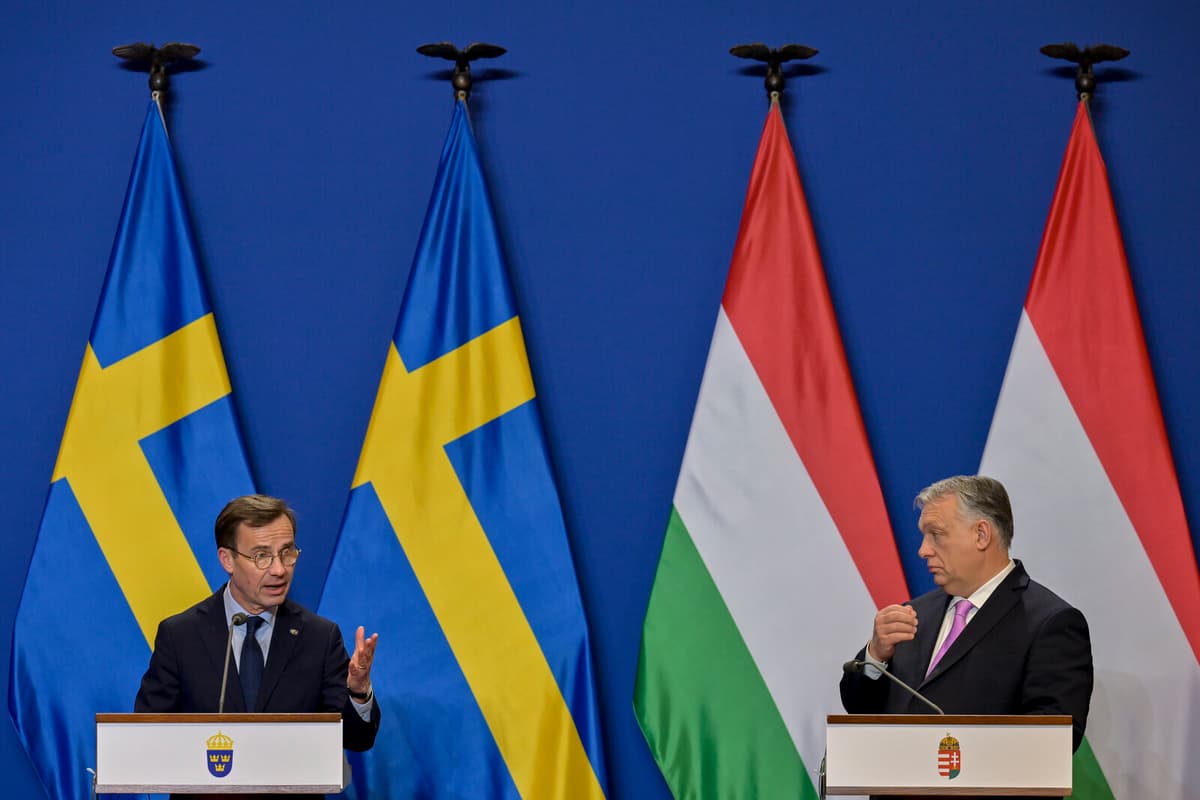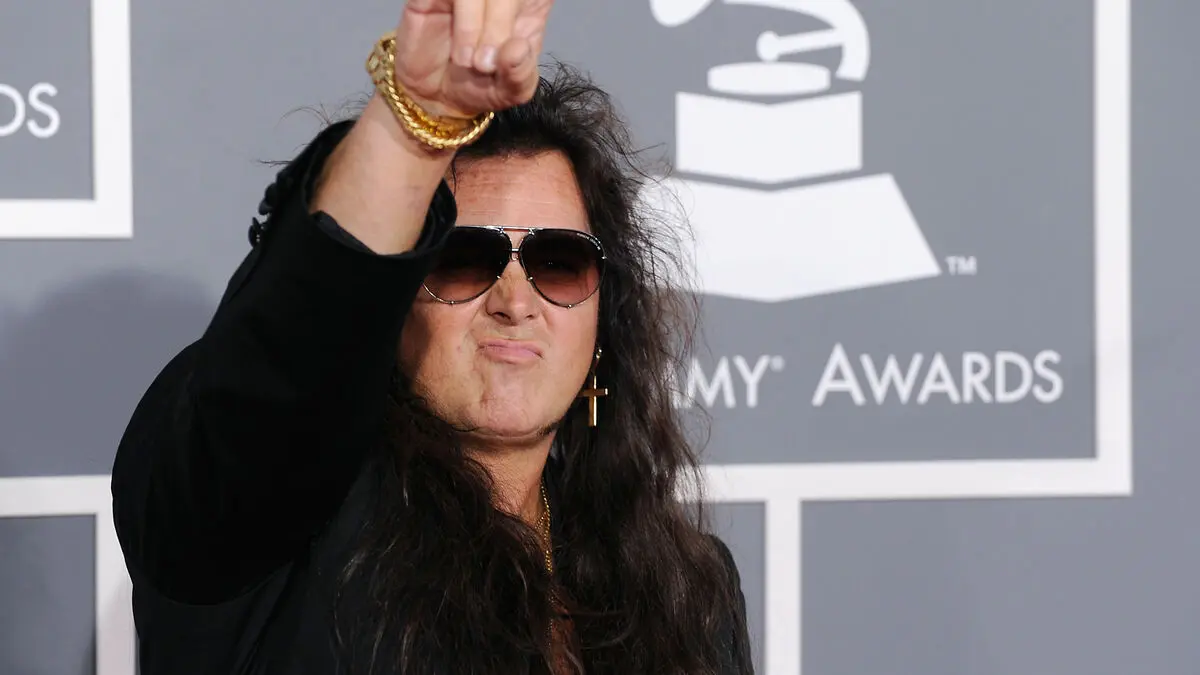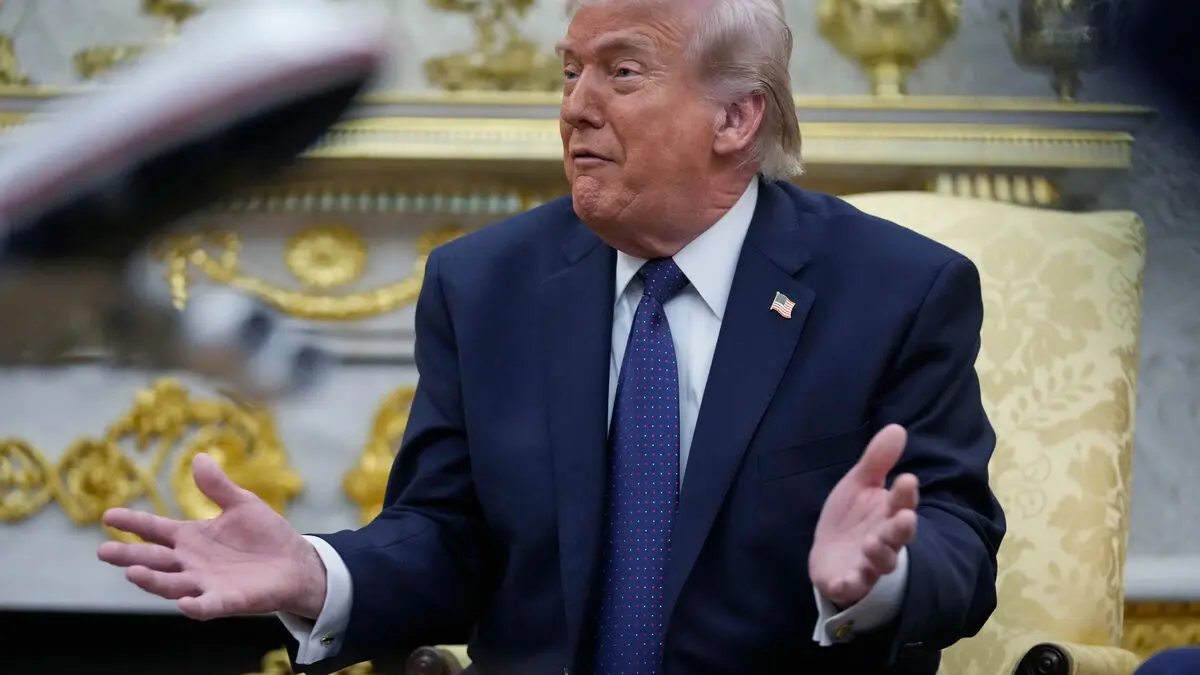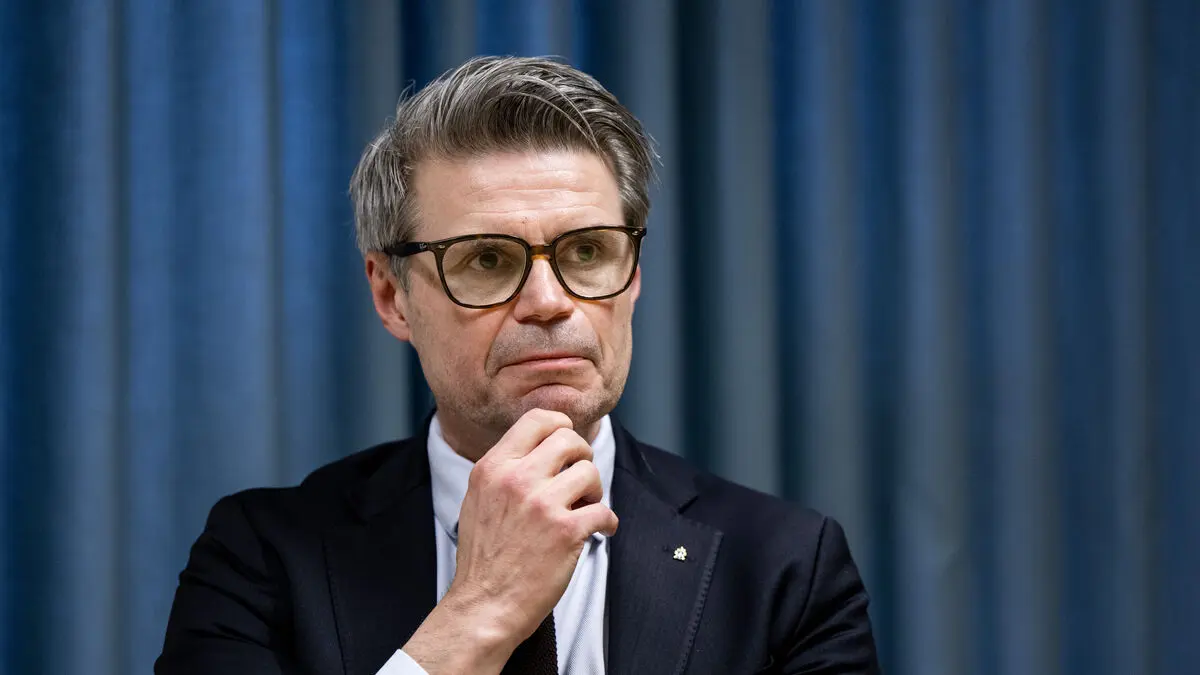Last week, Orbán has criticized and portrayed Sweden as a dystopia. Anamaria Dutceac Segesten, lecturer in European studies at Lund University, believes it is a tactical choice by a politician who knows how to position himself.
My interpretation is that Sweden is a slightly easier target for this type of criticism that Orbán actually wants to direct at several other European countries, but which are too big and too risky to criticize, she says, referring to countries like France and Germany.
Orbán's policy has always been to irritate and tease, but never to cross a certain boundary, because then the economic consequences can become very serious, she continues.
Election next year
It started on Monday when Orbán, in a post on X, distorted figures from a news article in the German newspaper Die Welt and incorrectly claimed that over 280 girls were suspected of as many murders in Sweden.
The article came at a convenient time for Orbán, who is in the middle of his election campaign ahead of the election in April, according to Dutceac Segesten. The move is about pitting conservative values against progressive ones. It is important for Orbán as the opposition for the first time in ten years can fight for power with his right-wing populist party Fidesz.
I think there is a gain that is more, let me say, symbolic. A reminder to all conservatives, in Hungary but also in general, that Orbán is still the leader, or one of the leaders, of this movement. That his ideas, ideologies, and morality are in the right place.
Opportunity for Kristersson
Since the negotiations on Sweden's NATO membership, which, among other things, Hungary delayed, the relationship with Prime Minister Ulf Kristersson (The Moderate Party) has been seen as "infected", according to Dutceac Segesten.
Ulf Kristersson responded on Wednesday with an open letter. It came after another post on X where Orbán compared the countries. Kristersson's letter was published on X in Swedish, Hungarian, and English. According to Dutceac Segesten, it can be interpreted just as much as directed at Orbán, as at Swedes and conservatives around the world. She reminds that Sweden is also going to the election next year.
Now Kristersson is served an opportunity to use Orbán to position himself in the long term in the Swedish election, or at least remind Swedish voters that he is the Prime Minister and is fighting for Sweden's image abroad, Swedish values, and maybe something as mundane as facts.






